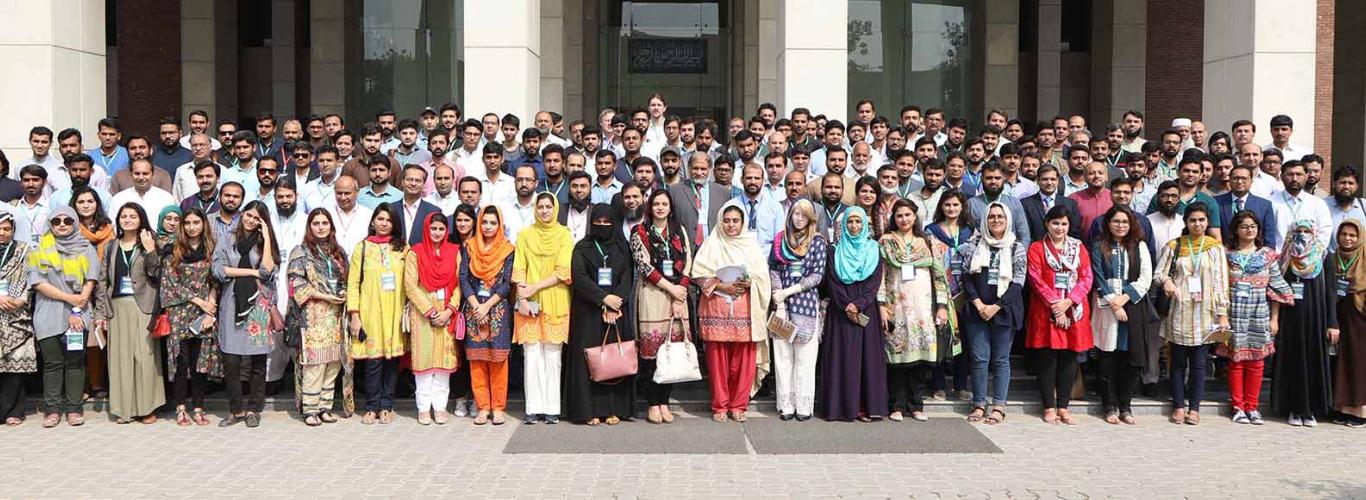LUMS Concludes Workshop on Precision Agriculture and Forestry (WPAF)
The Lahore University of Management Sciences (LUMS), Pakistan’s most pre-eminent higher education institution, has recently concluded a series of workshops and mini-courses held from October 11-15, 2018 at LUMS in collaboration with the recently established National Agriculture Robotics Lab (NCRA) and the Centre of Water Informatics and Technology (WIT).
The workshop events, which were held in collaboration with LUMS Department of Electrical Engineering (EE), were funded by the German Academic Exchange (DAAD) along with Competitive International Grants won from Global IEEE Control Systems Society Outreach Fund. Over 600 participants joined in from across Pakistan.
On the first day, a mini-course and tutorial on ‘Conversations in Deep Learning’ was presented by Dr. Hassan Mohiyuddin, part of the LUMS EE faculty. The course consisted of two lectures; one on Machine Learning (including, regression, classification, and learning), and the other on Deep Learning and Neural Networks and Back Propagation.
Day Two was dedicated to the 4th Annual Workshop on Precision Agriculture and Forestry, commencing with a keynote address by Professor Dr. Karsten Bern, Head of Robotics Research Lab and Professor at the Computer Science Department at the Technical University, Kaiserslautern. Other speakers included, Dr. Ather Ashraf, Flood Emergency Reconstruction and Resilience Project, Punjab P&D, and Mr. Zameer Soomro, Regional Head, Pakistan Council of Research in Water Resources (PCRWR). The lecture ended with a panel discussion covering the way forward for smart agriculture in Pakistan.
On the final day of the events, a mini-course tutorial was also held on “Kinematics and Dynamics of Mobile Robots” by Professor Dr. Karsten Bern. The session comprised of three lectures which covered the fundamentals of kinematics modelling and drive kinematics, including analytical and geometric solution, and mobile robots and dynamics. There was an extremely informative cross-questioning session at the end of each lecture.
Throughout the series of sessions, an overwhelming and positive response was experienced by participants, as well as the speakers.





